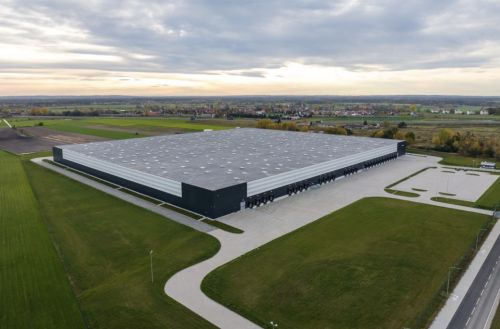In the November 2005 issue, Eurobuild Poland reported on the mass migration of Polish construction workers to the UK and Ireland, who are chiefly being tempted away by the greater salaries on offer in these countries. Six months on, what impact is this latter day exodus now having on the construction sector in Poland?The short supply of labour in the industry couldn’t have come at a worse time for Poland as the economy – as well as the construction sector – expands and EU funds for infrastructural and environmental projects finally starts to pour in. The problem now faced by companies is not a lack of orders, but too many, as they can no longer rely on the availability of the personnel required to execute these contracts. And furthermore, increases in salaries have become inevitable as companies strive to recruit the workers they need and keep the ones they already have. In the last 18 months, salaries for labourers and skilled workers have increased by around 25 pct




























































